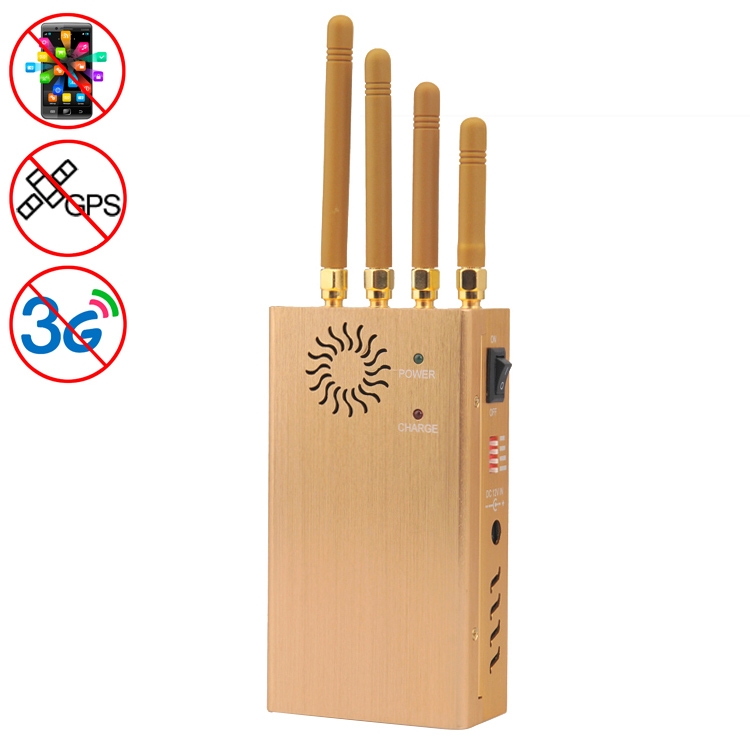Enhancing Personal Privacy With Cell Phone Signal Jammers
In an era where connectivity pervades every aspect of daily life, the quest for personal privacy has sparked a quiet revolution. Increasingly, individuals are turning to cell phone signal jammers as a means to reclaim control over their personal space and reduce unwanted intrusions.
The allure of these devices lies in their simplicity and effectiveness. Cell phone jammers operate by emitting radio waves across the same frequencies used by mobile phones, thereby disrupting signals within a defined radius. This disruption renders nearby devices unable to send or receive calls, text messages, or access mobile data networks.
The motivations behind using such jammers are varied but often stem from concerns over privacy invasion. With the ubiquitous nature of smartphones, individuals find themselves constantly vulnerable to being tracked, recorded, or monitored without their explicit consent. Whether it’s in public spaces, workplaces, or even private residences, the desire to carve out moments of undisturbed solitude drives many to deploy these devices.
For some, the decision to use a cell phone jammer represents a stance against the encroachment of technology on personal interactions. In environments where constant connectivity can blur boundaries between work and personal life, jammers offer a respite from incessant notifications and interruptions. This deliberate disconnection fosters an environment conducive to focused work, meaningful conversations, or simply moments of quiet reflection.
Moreover, the use of cell phone jammers is not solely confined to individual consumers. Businesses, educational institutions, and government agencies also utilize these devices to maintain confidentiality during sensitive discussions or prevent unauthorized sharing of information.
However, the growing popularity of cell phone jammers has not been without controversy. Critics argue that such devices may interfere with legitimate communication, emergency calls, and essential services. Additionally, regulatory bodies often raise concerns about the potential for unintended consequences and the need for clear guidelines on their use.
Nevertheless, proponents of cell phone jammers contend that responsible deployment, coupled with awareness of legal considerations, can mitigate these risks. They advocate for a balanced approach that respects both individual privacy rights and the broader societal need for effective communication.
As the debate continues to unfold, the increasing adoption of cell phone jammers underscores a fundamental shift in how individuals perceive and protect their privacy in an interconnected world. Whether viewed as a tool for reclaiming personal space or a disruptive force in the digital landscape, their presence serves as a poignant reminder of the evolving dynamics between technology and privacy in contemporary society.

